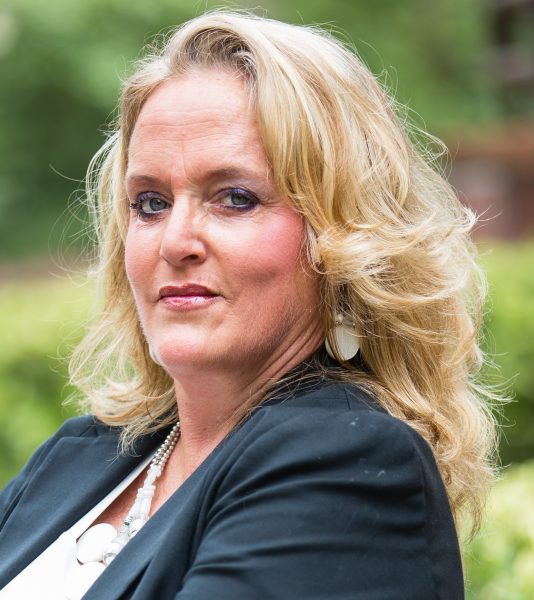Results For Articles or Consultants
Education
Andrew Sall The Business Interruption Guy Episode 709 This week we welcomed Andy Sall of Complex Claims Resolution, LLC for a show on Business Interruption. What would happen to your business if there was a fire, flood or cyber attack that wiped out your income overnight? Would your insurance cover you? Are you confident that…
“This number (224) likely represents just a small fraction of the notice-based denials that never
make their way to a courtroom. More must bedone to educate policyholders on how to comply with their policies’ claims-made reporting requirements. How did notice-based denials under claimsmade forms become so common? To understand how the industry has arrived at this
point, it is important to explore the history and evolution of the claims-made form.
There are six main reasons for these denials.
1.Late reporting of a claim after policy expiration
2.Failure to disclose known claims or potential facts and circumstances that could
give rise to claims later on an application (and not reporting same under the notice
of potential claim provisions)
3.Failure to identify that the current claim being reported is related to a prior claim reported to a previous insurer or previous policy with the same insurer
4.Failure to disclose prior-pending claims made on an insurance application
5.Reporting the claim in a manner that is not as directed by the policy language itself
6.Claims denied for not reporting “as soon as practicable”
The main driver of denials is that the policyholder reported the claim after the policy expired, as represented by 101 denials upheld by the courts. Not too far behind that category is
the situation where the insured knew of a claim or wrongful act before the inception of a policy.
Here is a breakdown of the six categories. … “
“Overall, many of the more common issues were explored in previous articles. That is not to say, however, that these are complete solutions. I have long been of the belief that extended reporting provisions, when invoked, are an incomplete solution for long-term protection. That is because one is taking a limit of liability and stretching it across at least one year and sometimes six years or more. The limits, thus, are never refreshed. So, if there are any claims during the extended reporting term, policy limits are being eroded. This could mean that policy limits could be extinguished by claim frequency, and the benefit of runoff would be lost when that happens before the term had even run out.”
“There are inherent dangers when a company is acquired, not only for the selling company, but for the acquiring company. It is not uncommon for the buyer to require the seller purchase several years of extended reporting coverage. This is because the buyer, when either acquiring the assets or the stock transaction, wants no exposure to any known or unknow liabilities created by activities before the acquisition.
We’ve all seen companies get acquired, with the seller invoking whatever extended reporting coverage they can acquire, sometimes at a significant price. But that is not the only problem, and this is where the approach and analysis become important. Asking the right questions is thus necessary to provide the appropriate financial protection to those involved, with the avoidance of any error and omission claim that might be made against the broker, despite whether they are simply following an “order take” standard or not.”
Michelle Villarreal began her claims career over 30 years ago, with Cigna Companies while attending St. Mary’s University in San Antonio. She is the President and CEO of Occupational Accident Risk, Inc, a Third Party Administrator specializing in Texas work injury programs. They have been in the Third Party Administration industry since 2006, offering services…
Last year I wrote a commentary, “To Dress or Not—Is Professional Attire Outdated?,” on whether or not students should be expected to dress professionally for interviews and career fairs. I asked for feedback and encouraged responses. I’m pleased to say I got a lot of thoughtful responses from a wide range of readers. Executives, claims adjusters, independent agents, corporate trainers, and many others chimed in.
To any students reading this—it’s time to show your very best, not your very bare minimum! Remember, what you do online is now all we have to grade you on. Sure, you completed half the semester before spring break, but there’s still this second half, and we can only grade what you actually do during it. Poor performance, even under these dire circumstances, will not only impact grades (yes, we still have to issue those), but it will also impact the references your professors give for you when employers call.
Brenda Powell Wells holds both a Bachelor of Business Administration and a Ph.D. in Risk Management and Insurance from the University of Georgia. She holds the Chartered Property and Casualty Underwriter (CPCU), Accredited Advisor of Insurance (AAI) and Construction Risk Insurance Specialist (CRIS) designations. She also holds a graduate certificate in Business Analytics from East…





